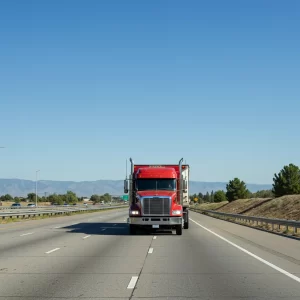
How Do Emission Control Systems Work on Trucks?
Understanding Truck Emission Control Systems | A Driver’s Guide
The Heavy-Duty Inspection and Maintenance (HD I/M) testing, also known as the Clean Truck Check, is an emissions compliance program for heavy-duty vehicles operating on California public roads. Administered by the California Air Resources Board (CARB), this program is designed to reduce harmful emissions from diesel and alternative fuel vehicles with a gross vehicle weight rating (GVWR) over 14,000 pounds. The purpose of HD I/M testing is to ensure that heavy-duty vehicles contributing significantly to smog and air pollution maintain properly functioning emissions systems throughout their operational life. Vehicles subject to this program must undergo periodic emissions testing based on their engine type and model year. The testing ensures that all emission control systems remain in compliance with CARB standards and that vehicles meet California’s stringent air quality goals.
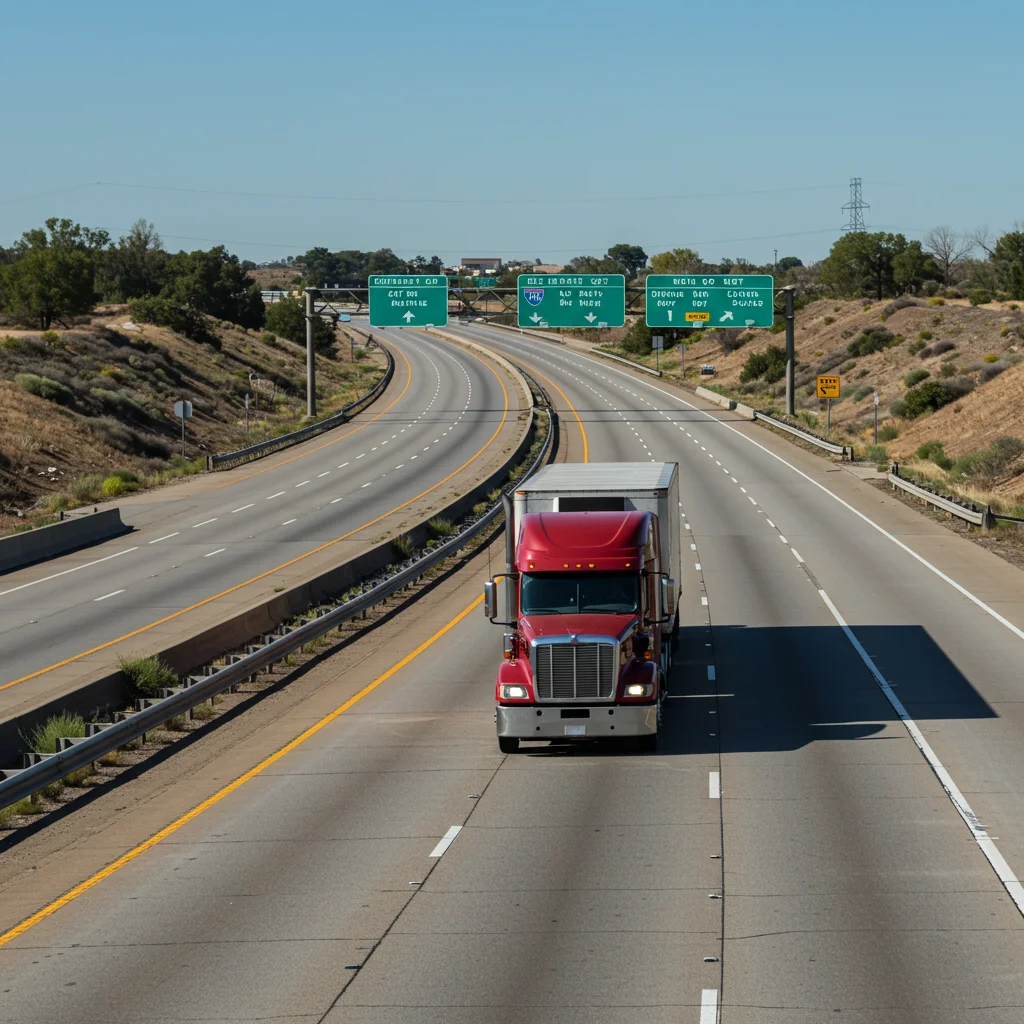
California’s Clean Truck Check, officially recognized as the HD I/M program, was implemented to enhance air quality by reducing nitrogen oxides (NOx) and particulate matter from heavy-duty vehicles. This program applies to diesel and alternative fuel trucks, buses, and certain motorhomes operating on California’s public roads. It replaces the older Periodic Smoke Inspection Program (PSIP) with a more advanced emissions compliance system. Through the Clean Truck Check, vehicles are monitored via periodic testing and roadside screening using Portable Emission Acquisition Systems (PEAQS). Vehicles flagged as high emitters receive a Notice to Submit to Testing (NST), requiring them to pass a follow-up compliance test. The program’s phased implementation introduces semiannual and eventually quarterly testing frequencies, ensuring continuous emissions control and compliance. Learn more about Clean Truck Check In Lakewood, CA .
The Clean Truck Check applies to all heavy-duty diesel and alternative fuel vehicles with a GVWR over 14,000 pounds that operate on California roads. This includes both in-state and out-of-state vehicles. OBD-equipped vehicles include diesel engines from model year 2013 and newer, and alternative fuel engines from model year 2018 and newer. Non-OBD vehicles include diesel engines from 2012 or earlier, and alternative fuel engines from 2017 or earlier. Exemptions are limited and include zero-emission vehicles, military and emergency vehicles, historical vehicles, and certain new vehicles certified to the most stringent NOx standards for a limited time. Even non-commercial vehicles such as large RVs and agricultural trucks must comply if registered in California. Out-of-state vehicles must also meet requirements when operating within the state.
The HD I/M compliance process begins with determining whether a vehicle is OBD-equipped or non-OBD. OBD-equipped vehicles undergo electronic testing using CARB-approved scan tools or telematics dongles that collect regulated emissions data directly from the onboard diagnostics system. The test checks for emission-related diagnostic trouble codes and ensures the malfunction indicator light (MIL) is off. Non-OBD vehicles must undergo a visual inspection to confirm all emissions control components are present and functional, followed by a smoke opacity test conducted under SAE J1667 standards. All testing must be performed by a CARB-credentialed HD I/M tester. Once the vehicle passes the test, results are submitted to CARB, and compliance is recorded in the Clean Truck Check database. Vehicles with faults must be repaired and retested before being considered compliant. Learn more about Clean Truck Check In Carson, CA .
OBD-equipped vehicles, including 2013 and newer diesel engines and 2018 and newer alternative fuel engines, must complete electronic OBD compliance tests. These tests read data from the vehicle’s onboard diagnostic system to ensure emission controls are operating properly and that no emission-related codes are active. Non-OBD vehicles, which include 2012 and older diesel engines and 2017 and older alternative fuel engines, are subject to visual inspections and smoke opacity testing. The opacity test, conducted under SAE J1667 procedures, measures visible smoke levels to verify compliance with CARB standards. Both test types confirm that emissions systems are intact, untampered, and functioning correctly. Testing devices must meet CARB’s equipment certification standards, and tests must be repeated according to the assigned frequency based on vehicle type and registration. Learn more about Clean Truck Check In Norwalk, CA .
HD I/M testing deadlines depend on the vehicle’s registration and program phase. For California-registered vehicles, compliance deadlines align with the DMV registration expiration date and occur twice yearly—once on the expiration date and again six months later. Out-of-state vehicles have compliance months based on the last digit of the VIN, with each digit corresponding to a specific month. Vehicles must complete and submit a passing test within 90 days prior to their assigned deadline. Beginning in 2025, most vehicles will require semiannual testing, while California-registered motorhomes and agricultural vehicles will test annually. As the program phases progress, some OBD-equipped vehicles will transition to quarterly testing. Failure to meet deadlines results in non-compliance, penalties, and potential registration holds.
After testing, OBD-equipped vehicle results are submitted electronically to CARB through certified testing devices that connect directly to the Clean Truck Check database. Non-OBD vehicle results must be manually entered into the CARB system by the credentialed tester. Vehicle owners must ensure all vehicle and owner data are accurate, annual compliance fees are paid, and outstanding violations or recalls are resolved. Once a passing test is submitted, the vehicle’s compliance status is updated in CARB’s online portal. Fleet owners and operators should regularly check their CARB accounts to verify compliance status, track testing schedules, and maintain required documentation for future audits. Learn more about Clean Truck Check In Culver City, CA .
Vehicles that fail to comply with HD I/M testing requirements may face citations, financial penalties, and suspension of DMV registration. Non-compliant vehicles cannot legally operate on California public roads. Owners receiving a Notice to Submit to Testing (NST) must complete a passing test within 30 days to avoid additional penalties. Vehicles flagged for high emissions during roadside inspections must undergo testing promptly. Refusal to allow inspection or testing is a violation of CARB regulations and can result in enforcement action. Fleet owners are responsible for monitoring compliance and resolving issues quickly. Repeated violations may lead to increased scrutiny, fines, and operational restrictions.
Only CARB-credentialed HD I/M testers can perform official compliance tests. To become certified, applicants must complete CARB-approved HD I/M training and pass a written exam demonstrating knowledge of testing procedures, emissions standards, and equipment use. Upon passing, testers receive a credential ID number valid for two years. Certified testers can be independent professionals, shop technicians, or fleet employees. Testing must be conducted at facilities equipped with CARB-approved tools, such as verified telematics devices and SAE J1667 smoke meters. Vehicle owners can locate certified testing centers through CARB’s website or authorized service providers in California. Learn more about Clean Truck Check In Los Angeles, CA .

Understanding Truck Emission Control Systems | A Driver’s Guide
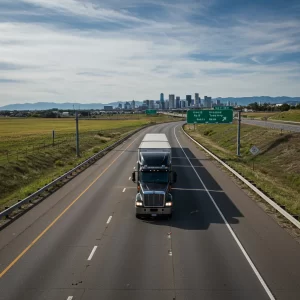
What is the Lifespan of Truck Emissions Components | Guide to Durability and Replacement
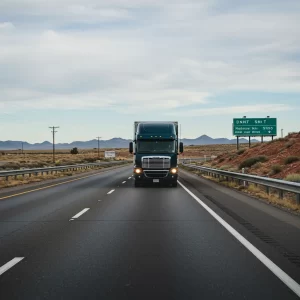
Are New Diesel Trucks Reliable with Emissions Systems | What You Need to Know
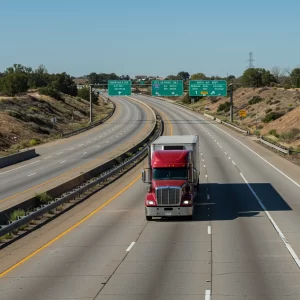
Truck Emissions Maintenance | How to Reduce Pollution and Boost Efficiency
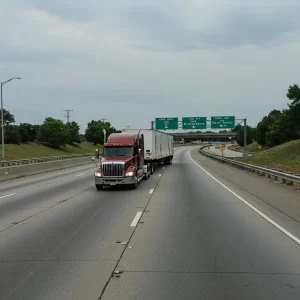
Reduce Truck Emissions | Practical Ways to Lower Your Carbon Footprint
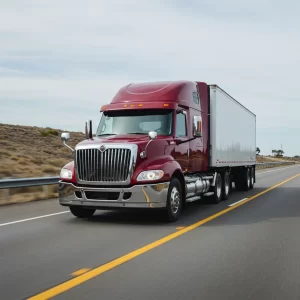
What Causes High Diesel Emissions | Key Factors You Need to Know